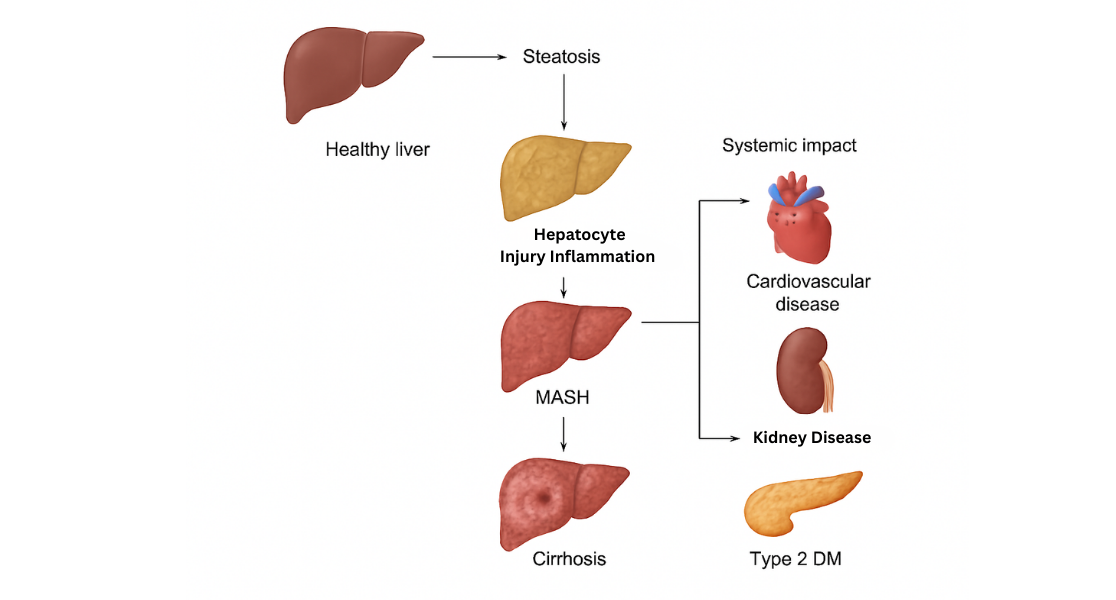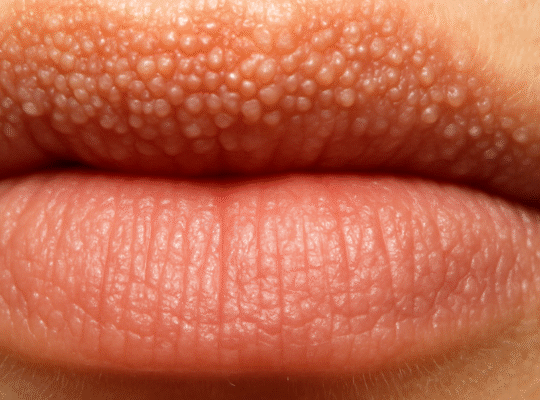Introduction
Tooth pain ranks among the most intense and disruptive forms of discomfort you can experience. When searching for relief, many people look for ways to “kill tooth nerve pain in 3 seconds permanently,” but understanding the facts about effective pain management is crucial for both safety and lasting results.
Understanding Tooth Nerve Pain
What causes tooth nerve pain? The intense discomfort originates from the dental pulp—soft tissue inside your tooth containing blood vessels and nerves. When this pulp becomes inflamed due to cavities, cracks, infections, or trauma, the nerve becomes hypersensitive, causing unbearable pain.
Why does pain worsen at night? When you lie down, increased blood flow to the head creates additional pressure on the affected tooth nerve, intensifying the sensation.
The Reality of Instant Pain Relief
Can you kill tooth nerve pain in 3 seconds permanently at home? The answer is no. Only licensed dental professionals can permanently eliminate tooth nerve pain through procedures like root canals or extractions. Claims of instant permanent cures are misleading and potentially dangerous.
However, while waiting for professional treatment, evidence-based temporary measures can provide significant relief.
Evidence-Based Temporary Relief Methods
Ibuprofen for Toothache: The Gold Standard
According to 2024 American Dental Association guidelines, ibuprofen stands as the first-line treatment for acute dental pain management.
How it works: As a nonsteroidal anti-inflammatory drug (NSAID), ibuprofen reduces both pain and inflammation—addressing the root cause of dental discomfort.
Recommended dosage: Adults can safely take 400mg every 6-8 hours, with a maximum daily dose of 1,200mg over-the-counter or up to 2,400mg under medical supervision. Some protocols recommend 600mg doses for severe pain, but only with professional guidance.
Safety considerations: Always take with food to protect your stomach lining, and avoid exceeding recommended doses to prevent kidney, liver, or gastrointestinal complications.
Salt Water for Toothache: Simple but Effective
Salt water rinses provide gentle, natural relief by reducing bacteria and soothing irritated gums.
Proper technique:
- Mix ½ teaspoon of salt in a glass of warm water
- Swish gently for 30 seconds
- Spit out—never swallow
This remedy is safe for daily use and particularly beneficial for pregnant women who need to avoid certain medications.
Toothache Gel: Fast-Acting Numbing Relief
Benzocaine-containing gels can provide quick numbing relief by temporarily blocking nerve signals. Apply according to package directions, but avoid overuse as it may cause gum irritation.
Natural Remedies for Additional Relief
Clove oil contains eugenol, a natural anesthetic with antibacterial properties. Apply a small amount to a cotton ball and press gently against the affected tooth for temporary numbing.
A cold compress applied externally for 15-20 minutes can help numb pain and reduce swelling.
When to Seek Professional Help: “Toothache Near Me”
Immediate dental care is necessary when:
- Pain persists beyond 2-3 days
- Swelling or fever develops
- Pain interferes with eating or sleeping
- Over-the-counter medications provide insufficient relief
Professional treatments that permanently address tooth nerve pain include:
- Root canal therapy: Removes infected pulp and seals the tooth
- Dental fillings: Address cavities causing nerve irritation
- Tooth extraction: For severely damaged teeth beyond repair
- Dental crowns: Protect and strengthen compromised teeth
Combining Treatments Safely
Effective combination approach: Research supports using ibuprofen alongside acetaminophen for enhanced pain relief, as they work through different mechanisms. Take them alternately (not simultaneously) unless directed by a healthcare provider.
Example protocol:
- Take 400mg ibuprofen with food
- 3-4 hours later, take 500-1000mg acetaminophen
- Continue alternating while staying within daily limits for each medication
Special Considerations for Vulnerable Populations
Pregnant women should primarily rely on salt water rinses and consult healthcare providers before taking any medications.
Children require age-appropriate dosing based on body weight and should only receive medications under professional guidance.
Adults with medical conditions (kidney, liver, heart disease, or those taking blood thinners) must consult healthcare providers before using NSAIDs.
Prevention: The Ultimate Long-Term Strategy
Preventing future tooth nerve pain:
- Brush twice daily with fluoride toothpaste
- Floss daily to remove bacteria between teeth
- Schedule dental checkups every six months
- Limit sugary foods and acidic drinks
- Use a soft-bristle toothbrush to avoid enamel erosion
Conclusion
While many seek instant solutions to “kill tooth nerve pain in 3 seconds permanently,” the reality is that only professional dental treatment provides lasting relief. Evidence-based approaches like ibuprofen for a toothache, salt water rinses, and toothache gel offer effective temporary management while you arrange professional care.
Remember: these methods provide tooth nerve pain relief but don’t cure underlying problems. When severe pain strikes, search “toothache near me” and seek prompt professional treatment to prevent complications and ensure your long-term oral health.
Frequently Asked Questions
1. Can a toothache be permanently cured at home?
No, only licensed dentists can provide permanent relief through procedures like root canals or extractions, as supported by current clinical practice guidelines.
2. How long does ibuprofen work for a toothache?
Ibuprofen typically provides 4-6 hours of pain relief, but doesn’t cure infections—professional treatment is necessary for complete resolution.
3. Is salt water safe for daily use?
Yes, rinsing with salt water 2-3 times daily is safe and can help maintain oral hygiene while managing pain.
4. Can toothache gels replace dental care?
No, toothache gels only provide temporary numbing—they don’t heal damaged nerves or treat underlying conditions.
5. What’s the fastest way to stop toothache nerve pain?
Evidence-based first-line treatment combines proper-dose ibuprofen with supportive care, but professional dental treatment remains the only permanent solution.
6. Why is tooth pain worse at night?
Lying down increases blood flow to the head, creating additional pressure on inflamed tooth nerves.
7. Can I take ibuprofen and use toothache gel together?
Yes, but follow safe dosages and application instructions for both treatments.
8. Are root canals painful?
Modern anesthesia techniques make root canal procedures virtually painless, contrary to outdated perceptions.
9. Can children use ibuprofen for a toothache?
Yes, but only in age-appropriate doses (based on body weight) and under healthcare provider guidance.
10. How do I prevent future tooth nerve pain?
Maintain excellent oral hygiene with daily brushing and flossing, regular dental visits, and a diet low in sugary foods.
Medical Disclaimer:
This content is for informational purposes only and should not replace professional dental or medical advice. Always consult with qualified healthcare providers for proper diagnosis and treatment of dental conditions. Follow medication dosing instructions carefully and seek immediate professional help for severe or persistent pain.










